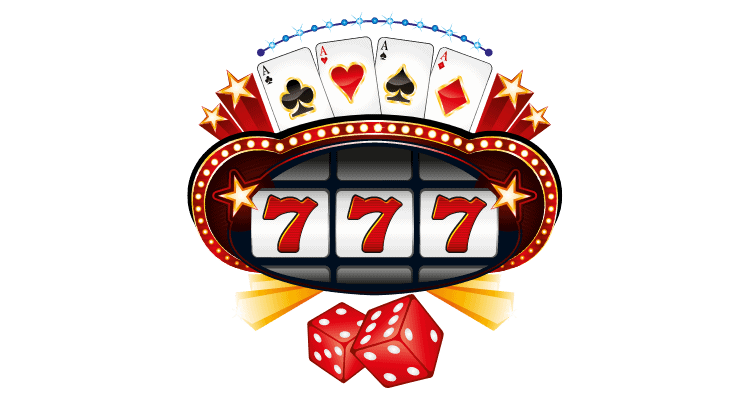
Casino games have fascinated players for centuries, drawing them into a universe of excitement, luck, and prosperity. From the sparkling lights of gambling machines to the strategic intensity of card tables, these games offer a special mixture of amusement and exposure. However, beneath the facade of this sparkle and glamour lies a sophisticated relationship of math that determines every conclusion and decision made within the casino.
Comprehending this connection between gambling games and numerical principles not only enhances the gambling experience but may also help gamblers make wise selections. Whether you are a recreational player or a dedicated fan, recognizing the mathematical principles at play can offer insightful insights into likelihood, probabilities, and strategies, ultimately shaping how one approaches these games of luck.
Arithmetic Probability in Betting
In the sphere of casino games, statistical probability plays a crucial role in assessing outcomes and informing gambler decisions. Each game has a unique set of rules and a specific probability model that influences its mechanics. For instance, in games like roulette, players must grasp the odds of hitting a certain number or color. The likelihood of specific events occurring can be computed, and this understanding can greatly affect wagering strategies.
Players also need to be informed of the house edge, which is the statistical benefit that gambling establishments hold over gamblers in the long term. This advantage differs across various games. In 21, skilled players can use strategies to lower the casino edge to as low as 1 %, while in games like slot machines, the house edge can be substantially larger. Comprehending the casino edge allows gamblers to make wise decisions about which games to participate in and the amount to bet.
Additionally, probability is crucial in the concept of risk versus gain in betting. Each bet carries a particular risk factor, and players must assess the possible payout against that risk. Activities like the poker game require players to not only assess the odds of their personal showing winning but also to evaluate the probabilities of their opponents’ showings. By applying mathematical principles to their gameplay, players can enhance their odds of winning and participate more effectively in the exciting world of casino activities.
Expected Worth in Casino Games
When talking about gambling activities, one of the basic ideas rooted in math is the expected worth. This numerical metric helps players understand the possible results of their wagers over time. In simple terms, expected worth (EV) determines the mean amount a player can anticipate to win or lose per bet if they were to play the game many times. Each activity has its own EV, affected by the probabilities and the house edge, which signifies the benefit that the casino holds.
For instance, think of a activity like roulette. The anticipated value can be calculated based on the particular wager made. If a player bets on a single number, the return is 35 to 1, but the true chances of success that wager are 1 in 37 (in Euro roulette). This leads in a detrimental anticipated worth, showing that, on the whole, gamblers will lose money over time when playing this kind of bet. Understanding this concept allows gamblers to make better informed decisions about which activities and bets may be more favorable.
Moreover, the exploration of expected value can lead to improved bankroll management. Gamblers who understand the math behind their games are often able to set practical goals. By acknowledging their possible deficits and profits, they can adjust their playing strategies accordingly, which may enhance their overall gaming experience overall. meilleur casino en ligne As a result, expected value serves as a crucial tool for both novice and seasoned gamblers to navigate the often volatile nature of casino games.
Tactics and Odds: The Math Behind Success
In gambling games, grasping the odds is crucial for participants seeking to boost their chances of success. Each activity has its own distinct set of probabilities that establish winning outcomes, and these statistics are often located in the gaming regulations or payout schedules. For case, in games like blackjack, participants can improve their chances through strategies such as tracking cards, which is based on math principles to gain an edge over the house. By acquainting themselves with the chances, gamblers can make more informed choices on when to place bets and when to fold.
Furthermore, the idea of expected outcome holds a major function in casino strategies. Average outcome assesses the average outcome of a wager over a period, allowing players to evaluate whether a specific stake is worth taking. For instance, slot machines have a set payback percentage, which can suggest the typical return a gambler can anticipate on their bets. By choosing games with higher payout percentages, gamblers can reduce the house edge, maximizing their future winnings in the over time.
In conclusion, successful participants often employ a mix of chance and calculative tactics to enhance their gaming experience. While luck is uncontrollable, managing a staking plan based on mathematical insights can lead to more positive results. By making use of techniques such as budgeting and game selection, participants can apply math to handle the volatile nature of gaming, making the most of their time and money at the tables.